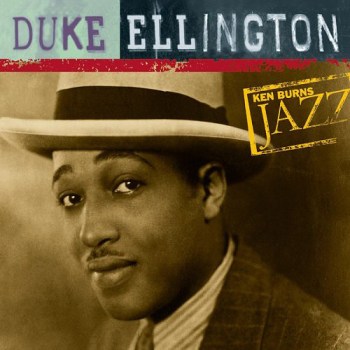
Call him Duke Elegant, the Duke of Ellington or “Sir Duke” (in Stevie Wonder’s 1976 tribute song): Edward Kennedy Ellington was one swingin’ gent. Exploring, ennobling and fusing a dozen forms of American music, he composed suites, symphonies, Broadway and Hollywood scores. But no number was more infectious than this jazz anthem, its title taken from a comment by Ellington trumpeter player Bubber Miley (who died, at 29, the year the song came out). The opening descending phrase, evoking a dude’s strutting down marble steps, is instantly elaborated by vocalist Ivie Anderson: “Wah dot doo, wah dot doo, wah dot doo, dot dot doo, dah dah doo.” Her expert impersonation of a cooing trombone is taken up by Joe Nanton in the first chorus. “It makes no difference if it’s sweet or hot,” Anderson instructs. “Just keep that rhythm, give it everything you’ve got.” Then the piece goes riotous: trombones growl under Johnny Hodges’ magnificently meandering solo and, the next time around on her vocal, Ivie scats the bridge. The whole composition is a lesson in Afro-musicianship for the pop audience.
Beginning with his 1927-32 tenure as band leader at the Cotton Club and continuing for a fertile half-century, Ellington operated from an intellectual aerie he hoped would filter down to the mass audience. “We write and play from our perspective,” he said, “and the audience listens from its perspective. If and when we agree, I am lucky.” As fortunate as he was gifted, Ellington composed and played many top-10 hits—“Mood Indigo,” “Sophisticated Lady,” “Saddest Tale,” “Don’t Get Around Much Anymore”—and formed an adventurous writing partnership with Billy Strayhorn (“Take the A Train”). The most laurelled of black composers, Ellington was honored on his 70th birthday with a dinner and jam session at the White House. “In the royalty of American music,” proclaimed the eminent jazz scholar Richard Nixon, “no man swings more or stands higher than the Duke.”
[youtube=http://www.youtube.com/watch?v=-FvsgGp8rSE]

